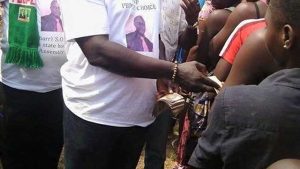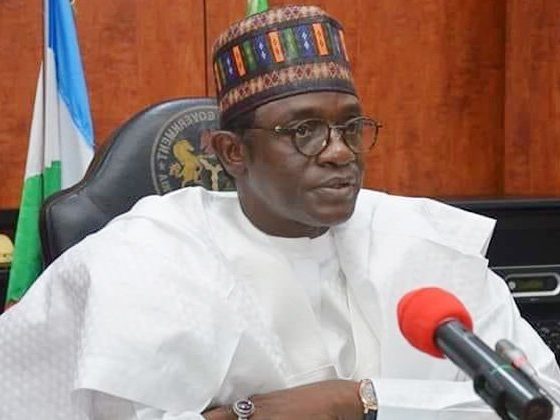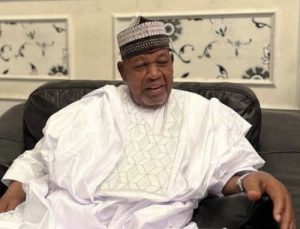ARTICLE AD
Allegations have surfaced that the All Progressives Congress (APC) has set aside a staggering N10.5 billion to engage in large-scale vote buying during the forthcoming Edo State governorship election, scheduled for Saturday, September 21, 2024.

According to insider reports, the funds were sourced from multiple federal government agencies and are part of a strategy to sway the electorate in favour of the APC’s candidate, Senator Monday Okpebholo.
The money, reportedly distributed to key APC chieftains across the state, is intended to be used by local operatives, often referred to as “foot soldiers,” to mobilize voters in their respective wards on election day.
This move, political analysts say, could undermine the integrity of the election process and disenfranchise the electorate.
Reports indicate that the APC’s plan involves offering as much as N30,000 to each voter in exchange for their votes.
‘
The funds, which have already been distributed across the state, are expected to be handed out on election day, targeting vulnerable voters in various communities.
A source within the APC, who spoke on the condition of anonymity, confirmed the existence of the plan, saying, “The party leadership believes that the only way to guarantee victory in this election is through vote buying.
“Several billions have been sourced from various federal government agencies, and the funds have been given to ward leaders who will mobilize voters and ensure they vote for the APC.”
The source further revealed that the party has been under immense pressure to win the election, especially given the popularity of the Peoples Democratic Party (PDP) candidate, Dr. Asue Ighodalo, who has gained widespread support across the state.
The N10.5 billion, which is at the centre of this alleged vote-buying scheme, was reportedly pooled from various government agencies under the control of APC-aligned officials.
The agencies, according to sources, were instructed to release funds under the guise of “developmental projects” or “operational expenses.”
However, these monies were covertly funnelled to the APC’s campaign for use on election day.
One insider, familiar with the financial arrangement, disclosed, “This money is not coming from legitimate campaign donations or party contributions. It has been sourced directly from government coffers, and the idea is to use it to buy the conscience of the electorate in Edo State.”
The insider further added that the sum of N10.5 billion has been split among top APC chieftains in Edo, with each leader tasked with distributing the cash to voters in their local wards.
A political analyst in Benin City, Samuel Igbinosa, said, “The APC knows it cannot win this election fairly, so they are resorting to vote buying as a last-ditch effort.
“The use of N30,000 per voter is an attempt to sway those who may be financially vulnerable, but it raises serious concerns about the integrity of the entire election process.”
Igbinosa added that such tactics could disenfranchise voters who wish to vote based on conscience, rather than financial inducement.
Several civil society groups and election monitors have expressed grave concern over the allegations of vote buying, calling for the Independent National Electoral Commission (INEC) and security agencies to be vigilant on election day.
An election observer, Martha Ogbeide, of the Coalition for Transparent Elections, said, “This is a serious violation of the democratic process. We are calling on INEC to ensure that measures are in place to prevent vote buying, and for security agencies to arrest and prosecute anyone involved in this illegal practice.”
Ogbeide also urged voters to resist the temptation of selling their votes, stressing that the future of Edo State is at stake.
“N30,000 is not worth the cost of bad governance for the next four years. We urge the people of Edo State to vote based on their conscience and not allow themselves to be bought by any political party,” she added.

 (2).png) 2 months ago
22
2 months ago
22 

